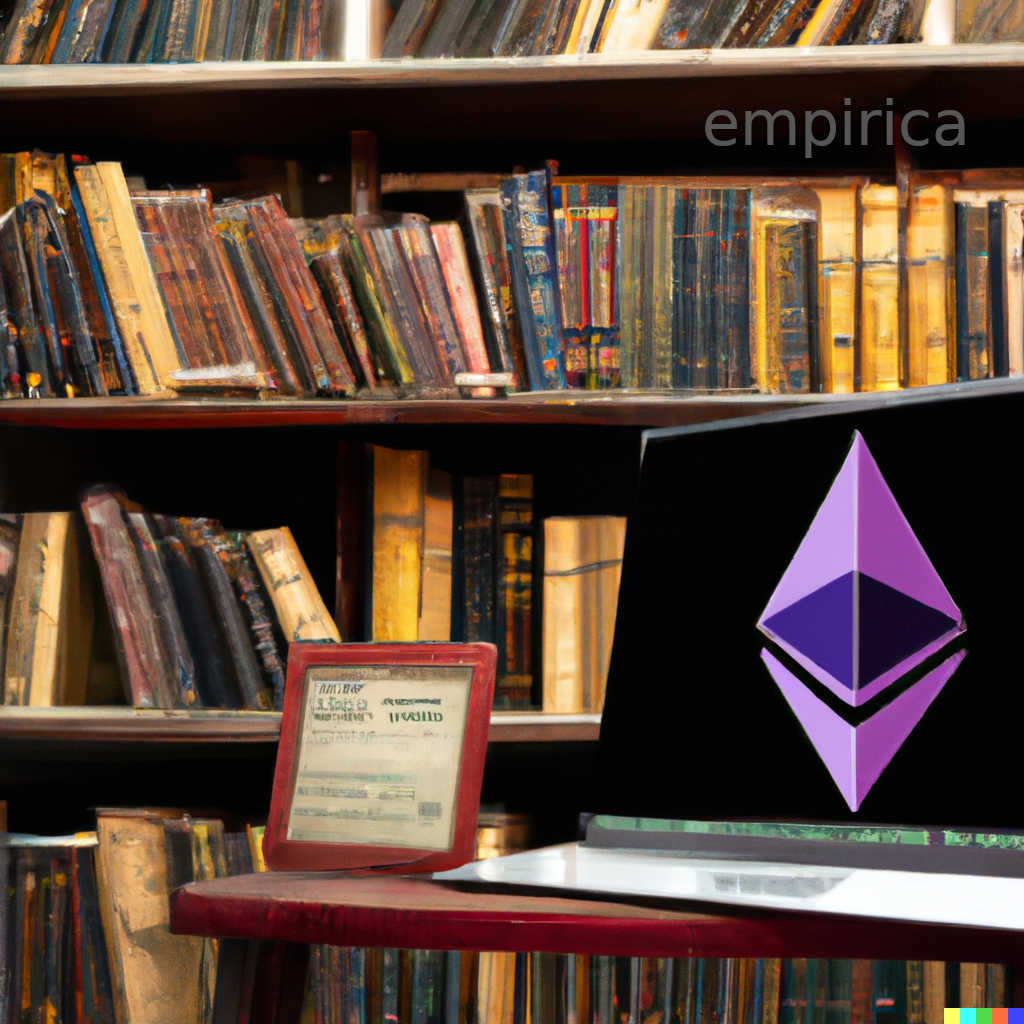Books on market making
The business of market-making is quite secretive. You will not find many books on that topic. You will also not find many books on algorithmic trading, hedge funds’ inner workings, or finding alpha on the markets. That’s the way it is. Those who know are using it daily in their operations, and do not want to reveal too much to not help the competition. So do not expect that you will find a book with some secret sauce. But there are a few books that cover the basics quite well. So it is not that hard to start, but the next step you have to do on your own.
Learn the details on how we do market making for crypto projects
Market Liquidity
Theory, Evidence, and Policy – Thierry Foucault, Marco Pagano, Ailsa Roell
A good overview of the theory behind the market microstructure. This book lets you understand the basic mechanics of liquidity in different types of markets – order book-based but also broker-dealer markets. It also gives a closer look at different ways of measuring liquidity, which allows us to understand this idea pretty well and lays the ground for concepts of price dynamics and order flow.
There is also a lot of space devoted to issues of market fragmentation, which is described in the example of stock markets in the US and Europe but can be applied also to crypto, as the characteristics are similar. Finally, there are also a few words on market regulation and corporate policies. This book is deeply theoretical but needed as an intermediate guide.
Option Market Making
Trading and Risk Analysis for Financial and Commodity Option Markets – Allen Jan Baird
For all traders that open large options positions, it’s crucial to understand the risk related to this cumulative position. And this book describes all these risks very well. Also from a practical perspective considering how they can materialize on the market. The second half of the book is devoted to strategies that can be constructed with options. But this can be found in almost any book on options. The title is a bit misleading, there is not much information on … market making. So I closed the book with the feeling of insufficiency.
Learn the details on how we build organic liquidity for crypto projects
Algorithmic Trading & DMA
An introduction to direct access trading strategies – Barry Johnson
One of my first books on algorithmic trading. Frankly, this book sparked my interest in this business and influenced the path I have chosen. I should send a note to the author:). This is the bible. All basics of market microstructure and mechanics of all major automated trading strategy types are described and give an idea of how the big players realize their big orders to not move the market. Calculation of transaction costs, slippage, and market impact, all is here. After this book, you will be ready to build your own execution trading strategy. This is important – it’s not about alpha on the market, technical analysis, signal generation, and related staff. It’s purely about execution algorithms, and the infrastructure required. Though the infrastructure part is quite shallow. But that’s not a bad thing, on the technology side a lot has changed, so anything you will write tomorrow will be outdated.
The Man Who Solved the Market
How Jim Simons Launched The Quant Revolution – Gregory Zuckerman
I included this book on this list mainly for motivational reasons. It is not much about market making or trading strategies in general, but it offers great insight into how quant prop trading firms are built. Great story (although at the end a bit boring and discouraging with all the political issues, and consequences of too much money gathered). Great cast of characters involved in quant business, many insightful episodes, nicely written, good read.
Machine Learning for Algorithmic Trading
Predictive models to extract signals from the market and alternative data for systematic trading strategies with Python
This book is heavy. And that’s probably the best thing I could say to describe it:) There are so many topics covered inside, that I was most of the time lost. A consequence of covering that many topics is that all are covered briefly. That makes an impression of jumping between the topics, never going deeper into anything. It could be used as a starting point to review a problem when you start a new machine learning project related to the same new type of data, that you do not have experience with, but after it, you are on your own. Good as a reference, but will be rarely taken off the shelf.
This book is included on the market making books list, as I treat data science as part of the job of a market maker. Understanding markets is a must, and data science gives us the tools for that.
I will come back soon with the next set of books.
Want to know more about what it takes to pursue a career in market making? See our brief guide on taking a market making job.


 Generated by AI
Generated by AI